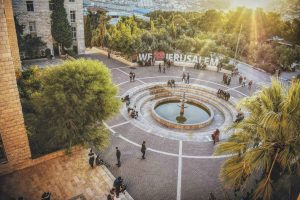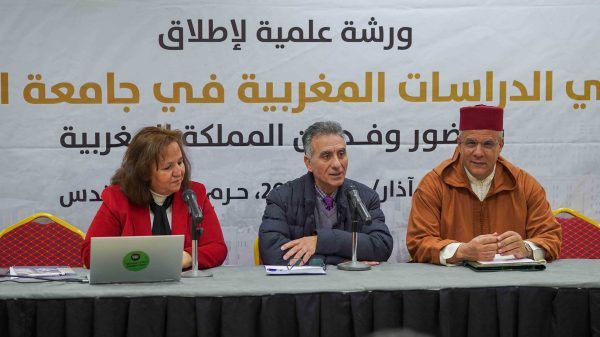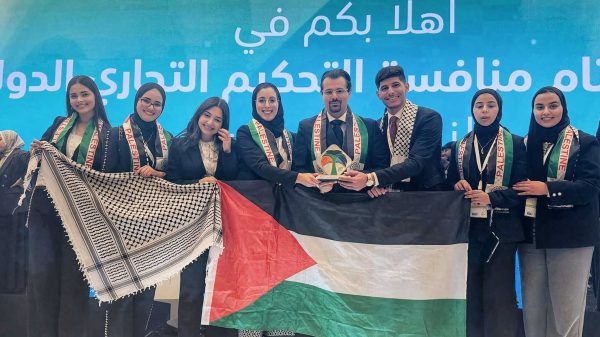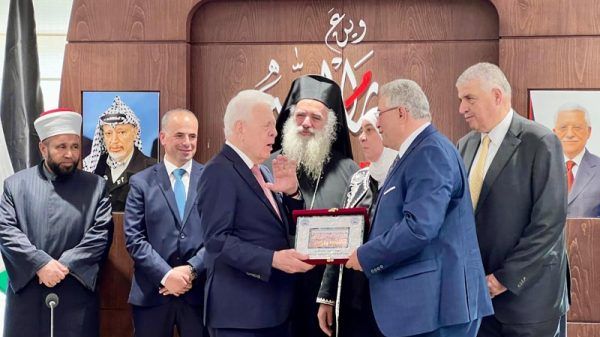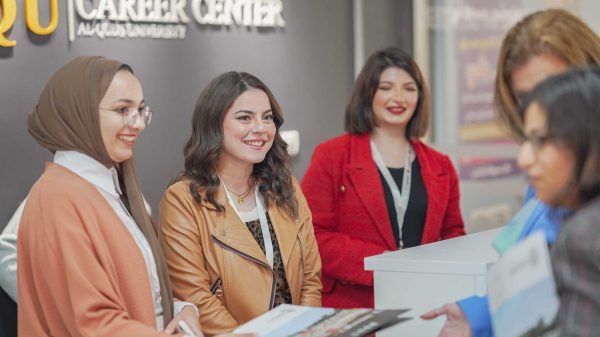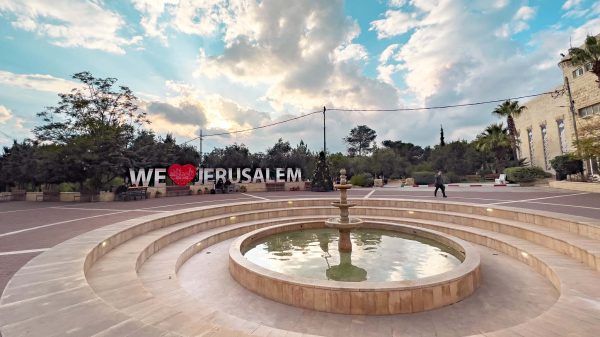Located in Sheikh Jarrah neighborhood, Hind Al-Husseini College for Girls is among the oldest faculties of Al-Quds University. Named after prominent Palestinian social activist Hind Al-Husseini (1916-1994), the Arts faculty was established in 1981 to provide unique academic, cultural, and social services to the Palestinian residents of Jerusalem, in accordance with the academic and social mission of Al-Quds University.
Hind Al-Husseini College, originally established as an orphanage for children who survived Deir Yasin massacre in 1948. In 1954, Hind’s grandfather’s mansion became a school that provided education to orphans and other children from Palestinian towns and villages. Led by Miss Al-Husseini, the school was turned into an institution for Education and Social Work in 1972. Committed to the education of women, Al-Husseini created the Hind al-Husseini College for Women in 1981, which graduated the first cohort in 1985 – 1986 as one of the faculties of Al-Quds University.
Currently, the faculty enrolls approximately 240 female students from Jerusalem and the surrounding area. The undergraduate majors offered include; English, Arabic, History, Social Work, Physical Education, Elementary Education, and Special Education.
Dean of the faculty, Dr. Lilian Faidi, highlighted that thousands of girls who have graduated from Hind Al-Husseini over the years have demonstrated their unique abilities in building Jerusalem institutions and preserving its Arab identity and heritage. According to Faidi, many of Hind Al-Husseini’s alumni, “have held advanced positions in the various sectors”. She pointed out that the university continues to develop this scientific and cultural beacon by holding agreements with local and international institutions to raise funding to maintain the building and furnish it with up-to-date equipment, as well as to develop the faculty members’ capacities and provide society with well-educated and trained students.
Hind Al-Husseini Faculty not only provides academic programs to the Arab community of Jerusalem, but also plays an important role at the cultural and social levels through the various non-curricular activities. In this context, the faculty holds cultural courses and workshops to foster the skills and raise community awareness.



